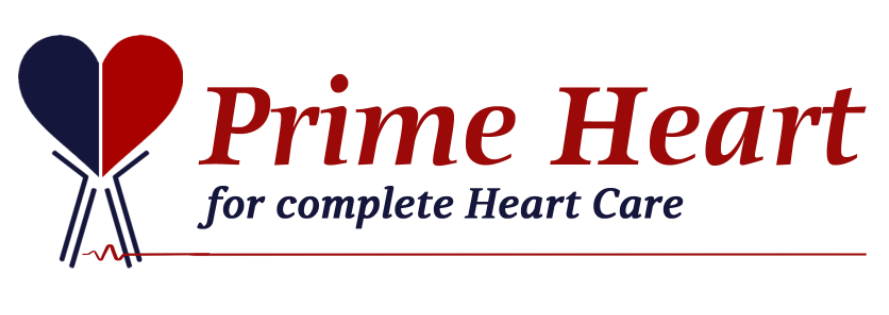

Treatment and Prevention
Treating high blood pressure involves lifestyle changes and possibly drug therapy:- Lifestyle changes: Eating a healthier diet with less salt (the Dietary Approaches to Stop Hypertension, or DASH, diet), exercising regularly, quitting smoking, limiting alcohol, and losing weight if you’re overweight.
- Medications: People whose blood pressure is above 130/80 mm Hg may require medications to manage their condition. These could include diuretics, ACE inhibitors, angiotensin II receptor blockers (ARBs), calcium channel blockers, and beta-blockers.
Blood Pressure Category | Systolic and Diastolic Pressure (mm Hg) |
Normal | Less than 120 systolic pressure AND Less than 80 diastolic pressure |
Elevated | 120 to 129 systolic pressure AND Less than 80 diastolic pressure |
High Blood Pressure Stage 1 | 130 to 139 systolic pressure OR 80 to 89 diastolic pressure |
High Blood Pressure Stage 2 | 140 or higher systolic pressure OR 90 or higher diastolic pressure |
Hypertensive Crisis/urgency
| Higher than 180 systolic pressure OR Higher than 120 diastolic pressure Contact your provider/911 immediately. |
Treatment and Prevention
Treating high blood pressure involves lifestyle changes and possibly drug therapy:
- Lifestyle changes: Eating a healthier diet with less salt (the Dietary Approaches to Stop Hypertension, or DASH, diet), exercising regularly, quitting smoking, limiting alcohol, and losing weight if you’re overweight.
- Medications: People whose blood pressure is above 130/80 mm Hg may require medications to manage their condition. These could include diuretics, ACE inhibitors, angiotensin II receptor blockers (ARBs), calcium channel blockers, and beta-blockers.
